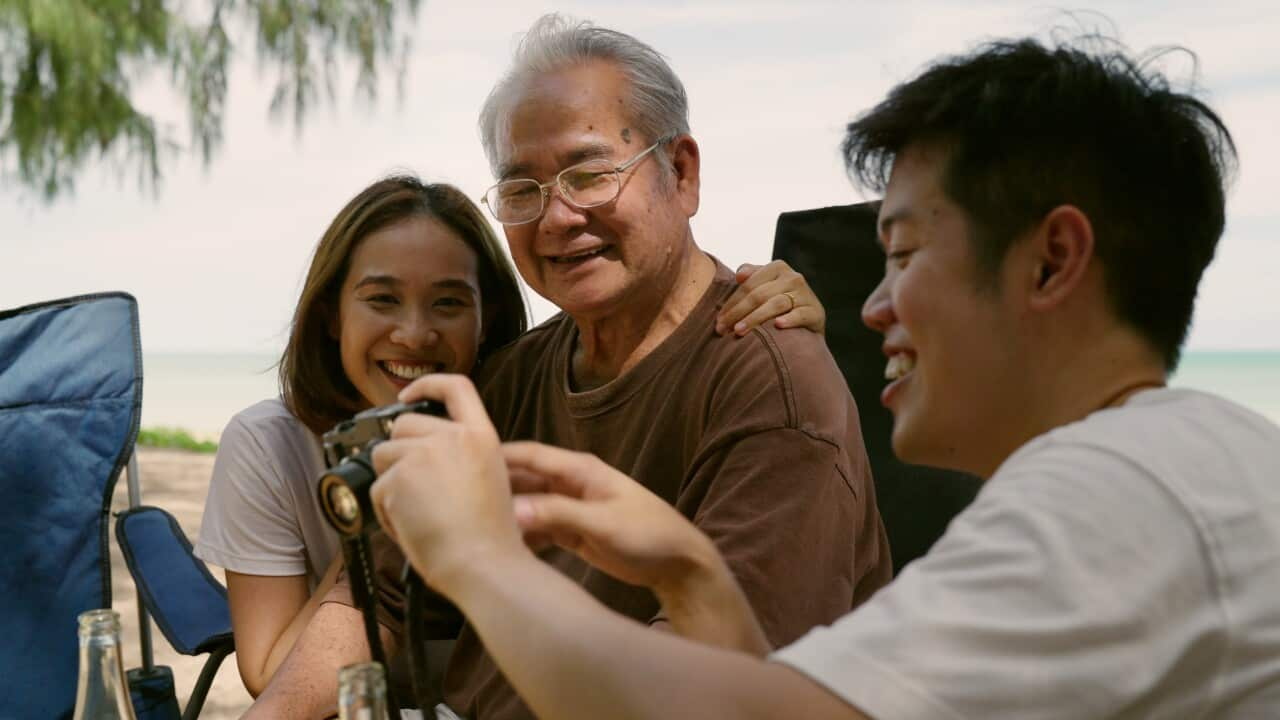The end of one year and beginning of another is often a time for reflection. It's also a period when weight-loss companies spend most of their advertising dollars. Alicia Holmquest says that's no coincidence.
Ms Holmquestis a qualified dietitian and co-founder of WIRL - a mental well-being app that uses food to improve young women's mood. She says the multi-billion dollar diet industry weaponises the guilt and shame many people experience after the festive period to encourage them to lose weight at all costs.
Highlights
- Dr Fiona Willer, dietitian and lecturer at Queensland University of Technology says given the variety of factors that influence a person's size, it isn’t a reliable indicator of their physical health.
- People typically lose five to 10 % of their starting weight within the first six months of their diet, studies show the vast majority of them regain it all - and sometimes more - within two to five years
- Moving from a weight-centric to weight-neutral approach of assessing and treating wellbeing concerns that underpins Health At Every Size or HAES Approach.
Listen to podcast here:
"The top two goals that people set are around improving their fitness or losing weight, and the entire health and wellness industry, particularly, prey on people's insecurities at this time of year and people's willingness to want to make a change.
Even though they say 'you'll feel better, you'll look better', all these promises that they make, we know from the science that following these things actually leads to things like body dissatisfaction, things like poor self-esteem, low self-confidence, because all we then know is that ' if I live in a smaller body, I'm going to be more confident', and that is just simply untrue.
And it also leads to things like disordered eating behaviours. So they teach us, they are literally teaching us how to cut foods of our diet, how to demonise foods and label them as good or bad or putting moral value on foods."




